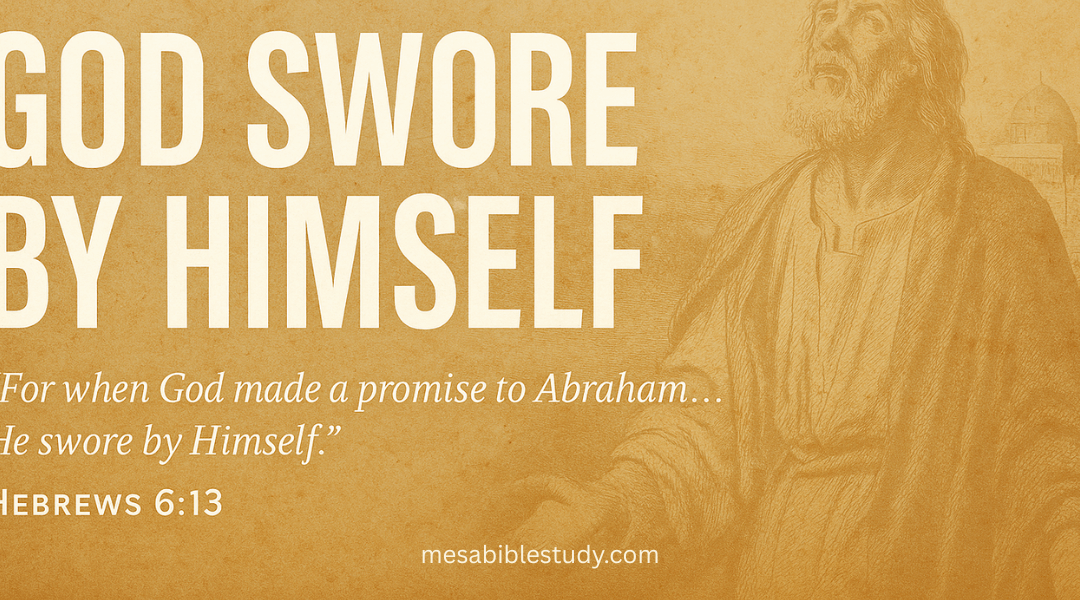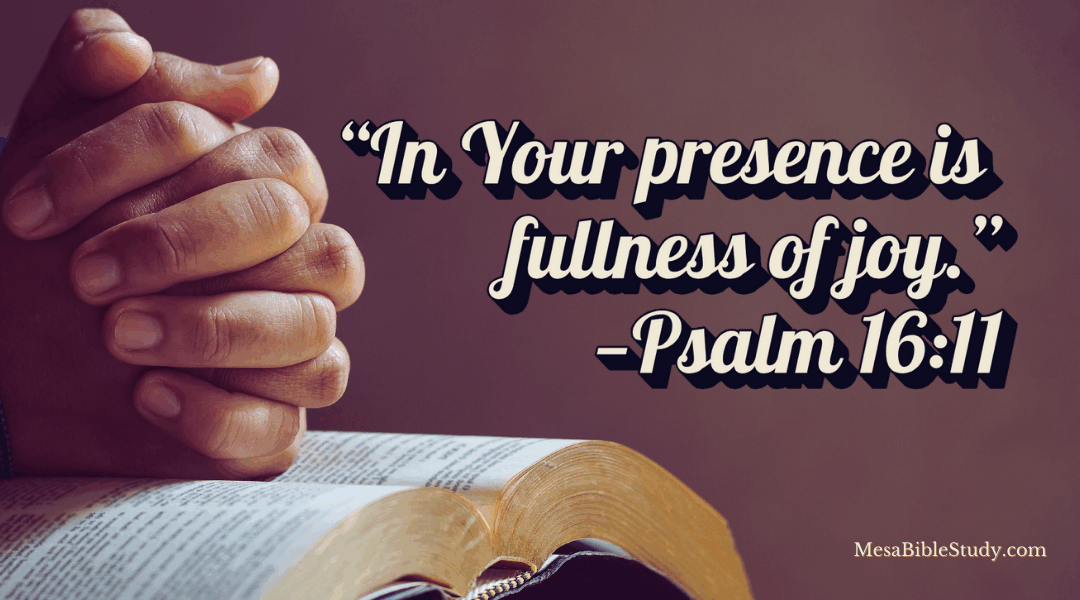
by Jamie Pantastico | Nov 24, 2025 | Devotionals |
The Indescribable Gift — Christ Himself
2 Corinthians 9:15 “Thanks be to God for His indescribable gift!”
There are times in Paul’s writings where the Holy Spirit moves him to break into pure praise—moments when human vocabulary collapses under the weight of divine truth. This is one of those moments.
The “indescribable gift” is Christ Himself.
- Not blessings.
- Not answered prayers.
- Not spiritual gifts.
- Not opportunities or provision.
But the Lord Jesus — the perfect, sinless, risen Savior given freely for sinners.
He is the gift no words can fully capture. The length, depth, height, and width of His love are beyond human measurement. The peace He gives, the righteousness He clothes us with, the eternal life He secured — all are wrapped up in Him.
The greatest expression of gratitude for the believer always begins with Jesus.
Before we thank God for anything else this week — we thank Him for Christ, the One who saved us, redeemed us, sealed us, forgave us, and made us accepted in the Beloved.
If God never gave you another blessing for the rest of your earthly life, Christ would still be more than enough.
‘He who did not spare His own Son, but delivered Him up for us all, how shall He not with Him also freely give us all things? ‘
Romans 8:32
He is the Gift that defines every other blessing.
Today, begin your week with this anchor:
“Thank You, Father, for the gift beyond all words—Your Son, my Savior, the Lord Jesus Christ.”
Let every expression of thanksgiving this week flow from this central truth:
Christ is the Gift above all gifts.

by Jamie Pantastico | Nov 23, 2025 | Devotionals |
🚨Over the past few weeks, I’ve heard from so many expressing the same quiet struggle: feeling distant from God, weighed down by uncertainty, overwhelmed by emotions they can’t even explain. These aren’t isolated experiences—these are symptoms of a heart pulled away from the joy of walking in the Spirit. Psalm 51:12 speaks directly to this need. When joy feels dim, when our confidence is shaken, and when guilt or heaviness linger without reason, Scripture invites us to come boldly before God and pray, “Lord, restore to me the joy of Your salvation.”
Psalm 51:12
“Restore to me the joy of Your salvation,
And uphold me by Your generous Spirit.”
Context & Connection
Psalm 51 is David’s cry of repentance after being confronted by the prophet Nathan. It is one of the most honest, raw, and hope-filled prayers in all of Scripture. But notice — David never asks God to restore his salvation. Salvation wasn’t lost.
Instead, he asks God to restore the joy of it.
The joy wasn’t gone because God had changed —the joy was gone because David’s heart had drifted.
Sin clouds joy.
Guilt crushes joy.
Distance diminishes joy.
But God — in His mercy — restores joy.
Devotional Insight
1. “Restore to me the joy of Your salvation…”
David doesn’t say:
“Restore to me the joy of my salvation.”
He says:
“Restore the joy of Your salvation.”
Why?
Because salvation begins with God.
It belongs to God.
It is sustained by God.
And its joy flows from God’s presence, not our performance.
The joy of salvation is the joy of knowing:
- I am forgiven
- I am accepted
- I am redeemed
- I am secure
- I am His
This joy is not emotional hype — it is spiritual stability.
2. “And uphold me…”
David understood something deeply:
He could not restore himself.
He could not keep himself.
He could not walk in joy by sheer effort.
He needed God to uphold him — to carry him, steady him, and strengthen him from within.
3. “…by Your generous Spirit.”
The Hebrew word here expresses abundance, willingness, and sustaining strength.
God is not stingy with His Spirit — He pours out generously.
This same Spirit:
- Convicts
- Cleanses
- Restores
- Renews
- Empowers
- Rekindles joy
David’s prayer is not a cry of despair — it’s a cry of confidence in God’s generosity.
Encouragement for Today
If the joy of your salvation feels dim, distant, or diminished — don’t hide it.
Bring it to God just as David did.
He is not reluctant to restore joy —
He is generous with His Spirit and eager to renew your heart.
Ask Him to restore the joy, to revive your spirit, to lift your head, and to steady your walk.
And He will — because the joy of salvation is His work, sustained by His grace.
Today, let this be your prayer:
“Lord, restore to me the joy of Your salvation,
and uphold me by Your generous Spirit.”
Reading Plan
- Psalm 32:1–5 — The blessedness of forgiveness
- John 15:11 — Jesus gives His joy to believers
- Galatians 5:22 — Joy is fruit of the Spirit

by Jamie Pantastico | Nov 23, 2025 | Pauline Theology |
📖 Passage Breakdown — Hebrews 6:13
“For when God made a promise to Abraham, because He could swear by no one greater, He swore by Himself…”
📜 Background, Setting & Purpose
✍️ Author:
I believe the author of Hebrews is Paul.
Although the epistle does not explicitly name its writer, both early church history and the internal content strongly reflect Pauline theology and a direct address to a Jewish audience.
Furthermore, 2 Peter 3:15–16 provides a compelling clue.
Peter, writing to Jewish believers, tells them to pay attention to an epistle written to them by Paul — an epistle containing some doctrines that are “hard to understand” and often twisted.
No other letter of Paul fits that description more clearly than Hebrews.
For these reasons, I hold that Hebrews is Paul’s Spirit-inspired letter to the Hebrews, written to ground them in the superiority of Christ and to pull them away from returning to the Law, temple rituals, and the old covenant system.
👥 Written To:
Hebrew (Jewish) believers — those who had embraced Jesus as the Messiah but were being tempted to return to the Law, sacrifices, and temple rituals.
⏲️ When:
Likely AD 64–68.
🌍 Setting & Purpose of Hebrews:
Jewish believers were suffering persecution and social pressure. Some were wavering.
The apostle Paul exhorts them to hold fast to what is better! The superior Person, Priesthood, and Promises of Christ.
Chapter 6 emphasizes assurance, maturity, and the absolute reliability of God’s promises — grounding that assurance in God’s covenant with Abraham.
🔍 Hebrews 6:13
“For when God made a promise to Abraham, because He could swear by no one greater, He swore by Himself…”
✨ Phrase-by-Phrase Breakdown
“For when God made a promise to Abraham…”
This reaches back to Genesis 12, 15, and 22 when God gave Abraham unconditional promises:
- A land
- A nation
- A blessing to all families of the earth through his Seed (Messiah)
These promises are the entire backbone of Israel’s prophetic program.
Every Jewish believer knew them — this is the author’s starting point.
“…because He could swear by no one greater…”
Among men, an oath is taken on something greater (Hebrews 6:16).
But God has no one greater above Him.
He is the highest authority in existence — eternal, perfect, unchanging.
This shows:
- God binds Himself to His own word.
- His character is the guarantee.
- His promise is as immutable as His nature.
“…He swore by Himself”
This is one of the most astonishing statements in Scripture.
God literally says:
“I Myself guarantee this promise.” (Genesis 22:16)
He put His own name, integrity, character, and nature on the line.
This is not hyperbole — it is the absolute, final affirmation that:
✔ God’s promises to Abraham cannot fail
✔ God’s covenant with Israel cannot be revoked
✔ God Himself upholds His word
This also destroys Replacement Theology.
If God swore by Himself, then His covenant with Abraham cannot be transferred, replaced, or spiritualized.
🔑 Doctrinal Insight
1. God’s Faithfulness to Israel Grounds the Argument
Hebrews reminds Jewish believers that God cannot and will not abandon His promises — including His promises to Abraham.
If God’s covenant with Abraham is secure, then so is:
- their salvation
- their hope
- the new covenant blessings
- their future restoration
2. Deuteronomy 29:29 — God Can Keep Secrets
“The secret things belong to the LORD our God…”
Just as God sovereignly withheld the mystery of the gospel of grace until Paul (Romans 16:25; Ephesians 3:1–9),
He sovereignly revealed the Abrahamic covenant — and swore by Himself to secure it.
3. God’s Promise to Abraham Proves God Never Changes
If God could break a promise sworn on His own name, He would cease to be God.
He cannot lie (Titus 1:2).
He cannot deny Himself (2 Timothy 2:13).
His oath is as eternal as He is.
🙏 Devotional Summary
When God made a promise to Abraham, He didn’t simply speak it…
He swore by Himself — the highest possible guarantee in existence.
This means:
✔ God’s promises never fail
✔ God’s covenants never break
✔ God’s character is the anchor of our faith
✔ God’s word is as sure as God Himself
If His oath to Abraham stands forever, then every promise we have in Christ — forgiveness, redemption, salvation by grace through faith — stands just as firm.
Your hope is anchored in the God who swore by His own name.
The God who keeps His covenant with Abraham is the God who keeps you.

by Jamie Pantastico | Nov 22, 2025 | Devotionals |
Psalm 30:5
“For His anger is but for a moment,
His favor is for life;
Weeping may endure for a night,
But joy comes in the morning.”
Context & Connection
Psalm 30 is David’s song of thanksgiving—a reflection on God’s deliverance after deep distress. Though David experienced discipline, danger, and emotional valleys, he testifies to the character of God: His loving-kindness outweighs His chastening, His mercy overshadows sorrow, and His favor outlasts every dark night.
This verse is one of Scripture’s most profound contrasts:
- moment vs. lifetime
- weeping vs. joy
- night vs. morning
David is not denying the reality of pain—but declaring the certainty of God’s faithfulness.
Devotional Insight
1. “His anger is but for a moment…”
God’s correction is never punitive—it’s restorative.
His discipline is brief, purposeful, and always anchored in love.
But notice the contrast:
His anger (momentary)
vs.
His favor (lifelong).
God’s heart toward His children is not anger—it is favor, grace, and unwavering kindness.
2. “His favor is for life…”
This is stunning.
God’s favor toward His people is not seasonal—it is continual.
Not based on our performance—
but on His covenant faithfulness.
If you’re in Christ, you live under the canopy of God’s favor every single day of your life.
3. “Weeping may endure for a night…”
The night is real.
The tears are real.
The heaviness is real.
This line doesn’t belittle sorrow—it acknowledges it.
But it also limits it.
Weeping may visit…
but it does not stay.
It does not define the believer.
It does not have the final word.
4. “But joy comes in the morning.”
Morning always comes.
Joy always returns.
Because God Himself brings it.
Joy is not the product of changed circumstances—it is the presence of God breaking through the darkness.
This is resurrection language.
It’s the language of hope, renewal, and new mercies.
Encouragement for Today
If you are walking through a night of weeping—hold on.
Your night has a limit.
Your sorrow has an expiration date.
Your darkness has boundaries set by a sovereign and loving God.
But joy?
Joy is guaranteed.
Joy is coming.
Joy is promised by the One who cannot lie.
Your morning is on the way.
And the God who brings the morning will meet you in it with renewed strength, renewed hope, and renewed joy.
Reading Plan
- Lamentations 3:22–23 — His mercies are new every morning.
- Isaiah 61:1–3 — He gives the oil of joy for mourning.
- John 16:20–22 — Your sorrow will be turned into joy.

by Jamie Pantastico | Nov 21, 2025 | Devotionals |
Devotional: Fullness of Joy in His Presence
Psalm 16:11
“You will show me the path of life;
In Your presence is fullness of joy;
At Your right hand are pleasures forevermore.”
Context & Connection
Psalm 16 is a psalm of confidence, trust, and delight in the Lord. David lifts his eyes beyond the uncertainties of life and anchors his hope in God’s presence. This verse—Psalm 16:11—is one of the most profound declarations of joy in all of Scripture.
It speaks of three eternal realities for the believer:
- God reveals the path of life
- His presence brings fullness of joy
- His right hand is the place of everlasting pleasures
In the New Testament, Peter and Paul both quote this psalm as a prophecy pointing to the resurrection of Christ (Acts 2:25–28; Acts 13:35). Because Christ is risen, we have access to this joy today.
Devotional Insight
- “You will show me the path of life.”
God doesn’t leave His children wandering.
He shows the way—through His Word, by His Spirit, and in His faithfulness. The “path of life” is not merely guidance for the moment, but a promise of eternal life through Christ Jesus.
- “In Your presence is fullness of joy.”
Not partial joy.
Not temporary joy.
Not conditional joy.
But fullness—complete, overflowing, lasting joy that cannot be found anywhere else.
Joy is not the absence of trials; it is the presence of God in the trials.
This joy is rooted in knowing Him—His character, His promises, His nearness. It is the joy Jesus promised when He said, “My joy I give to you.” (John 15:11)
- “At Your right hand are pleasures forevermore.”
The “right hand” is the place of honor, authority, and security.
Because Christ is seated at the right hand of the Father, believers share in that hope. Eternal pleasures are not earthly indulgences—they are the everlasting blessings of being with the Lord forever.
Encouragement for Today
If joy feels distant, remember this:
Your joy is not anchored in circumstances, emotions, or seasons—it is anchored in His presence.
Because Christ is risen, this verse is not poetic language—it’s your present reality and eternal future.
Today, you can walk in the fullness of joy by drawing near to Him in His Word, in prayer, and in quiet trust. Your joy is not fragile; it’s secured in the One who can never fail.
📖 Reading Plan:
- John 15:11 — “My joy remains in you…”
- Nehemiah 8:10 — The joy of the Lord is your strength.
- Acts 2:25–28 — Peter quotes Psalm 16 pointing to Christ’s resurrection.




